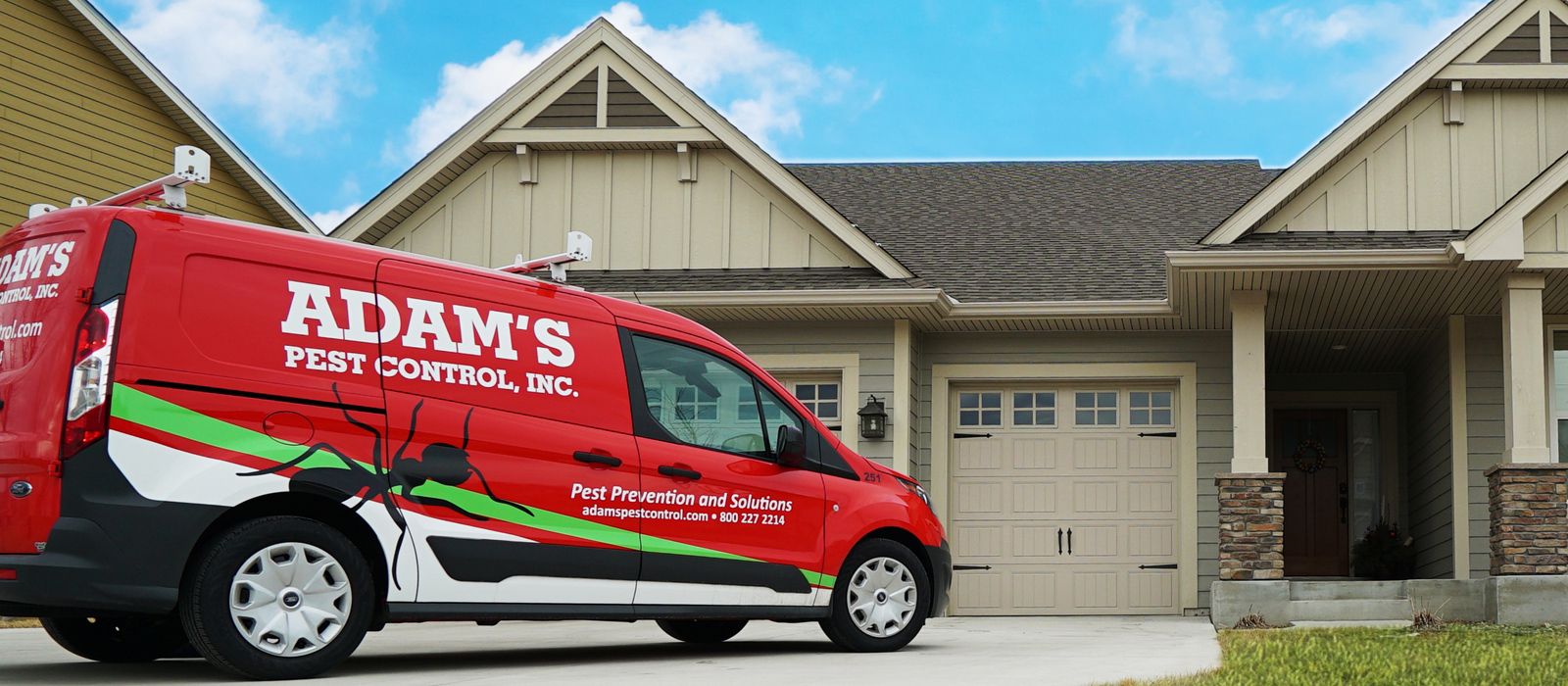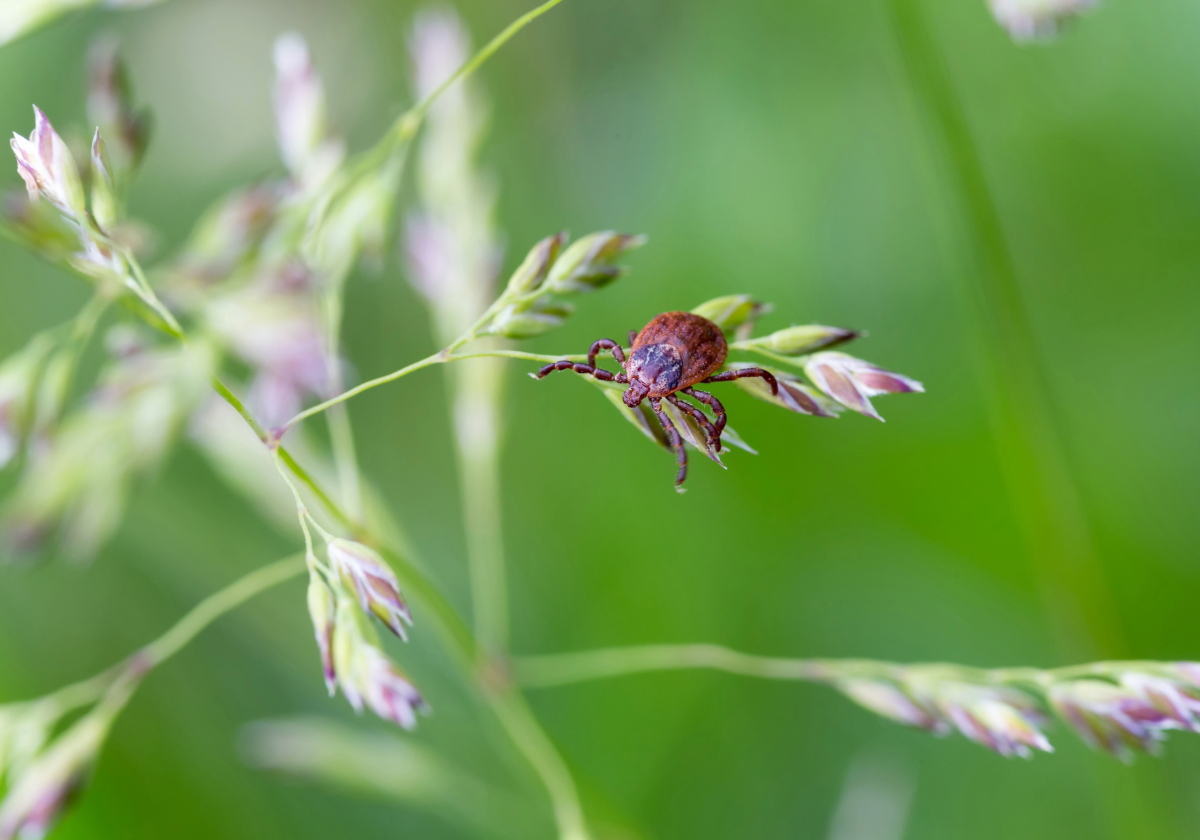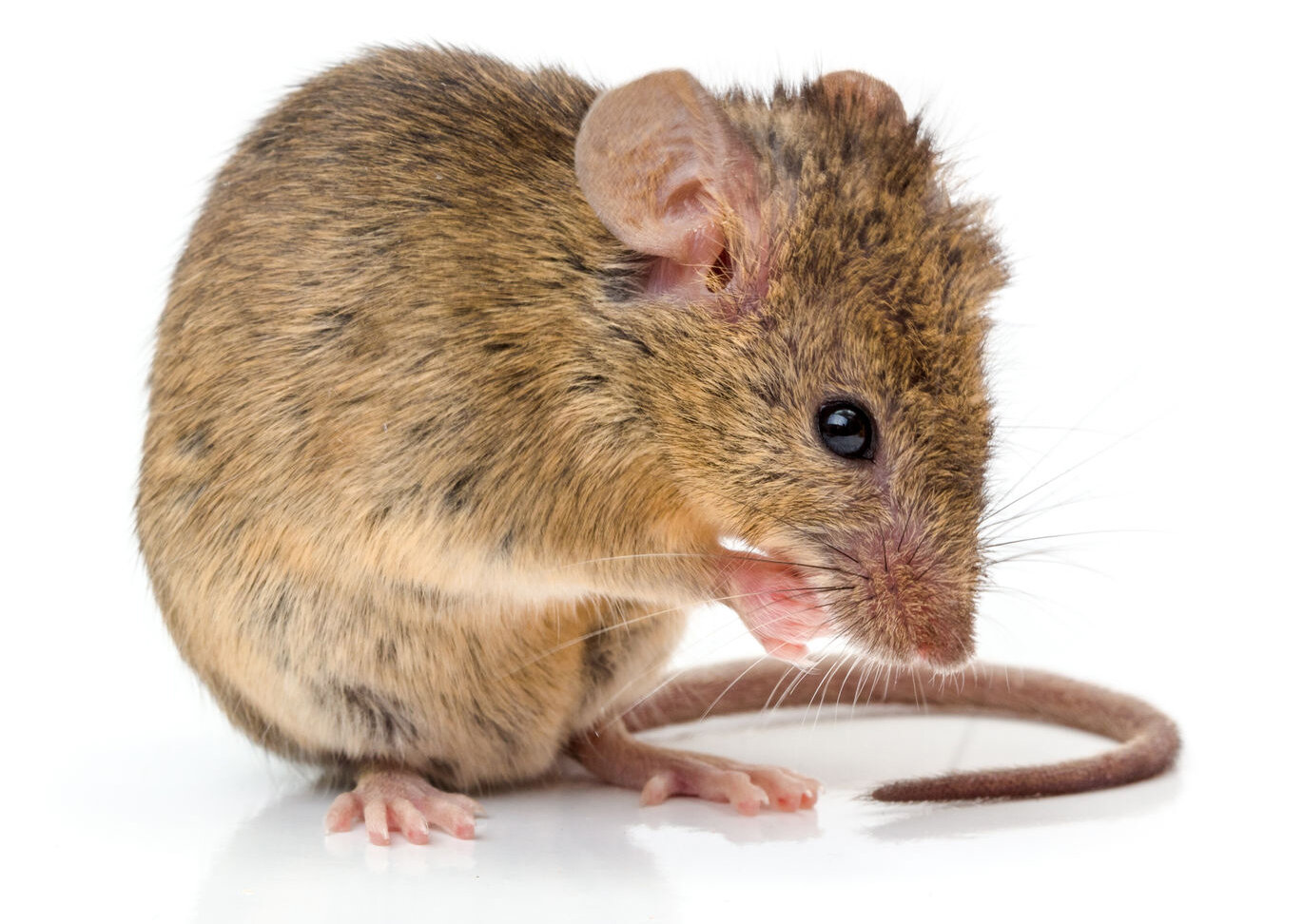Mosquitoes are not only nuisance insects when buzzing around people’s ears, but also when they are causing allergic reactions and transmitting disease-causing pathogens via their bites. In order to manage these unwelcome bloodsuckers in and around homes or farms, it is recommended to do a thorough inspection to determine where to treat first, and then to choose the product and treatment method best suited for your situation. As you may know, mosquito management products are designed for treating different types of areas; therefore, the selected treatment option should be based on the understating of why, where, when and how to treat for mosquitoes. It is important to know that there are nuisance mosquito control programs, which are usually done by pest management companies, and vector mosquito control programs, which are done by government agents. Anyhow, both programs can co-exist and be mutually beneficial. Here, I will mention three mosquito applications commonly used by the pest control industry.
1. Applications of larvacides. If properly conducted, this method can be effective and pose minimal risk to people and the environments. Larvacides are usually applied to water surfaces where mosquitoes are breeding. They will eliminate the mosquito larvae as they develop.
2. Applications of adulticides. EPA approved residual insecticides can be used to treat mosquito’s resting and landing areas. Depending on the product’s label instructions, repeated applications may be needed, as the residual effects of the insecticides will last only for a maximum of one week or less, especially after rains. However, this treatment option is best suited to provide short-term relief from the mosquito bites for a special outdoor party or event. Residual insecticides can be applied with standard pump sprayers for small areas or with power sprayers for large areas. To maximize your success of reducing mosquitoes, treat around landscaping plants, turf and ground cover, under decks, around windows and doors, to exterior siding, around building foundations, grass areas adjacent to or around a structure, and other places where mosquitoes may rest/hide, such as shrubs, tree canopies, hedges, dense vegetation, exterior walls, under decks, porches and other shady areas that aren’t receiving direct sunlight. The residual effects of these materials will kill mosquitoes as they enter and land on treated surfaces.
3. Space Treatment: (Mosquito Misting System) This option uses special products that can be applied via fogging or misting machines. In order to achieve quick knockdown, immediate and complete management of mosquito populations, space treatments should be done when mosquitoes are most active around sunset or sunrise. Besides the notice of application, it is important to make sure that no non-target organisms, such as, humans or pets will not be exposed directly to the pesticide during fogging or misting. Additionally, it is unfavorable to treat for mosquitoes when the wind speed is more than 10 mph, during hot weather or when it rains.
Finally, remember that mosquito management requires an understanding of the mosquito habits as well as the familiarity with product label instructions and safety procedures which makes it best handled by the professionals. Here at Adam’s Pest Control we know how to protect you and your loved ones from these blood suckers. Give us a call today and schedule your free estimate!




